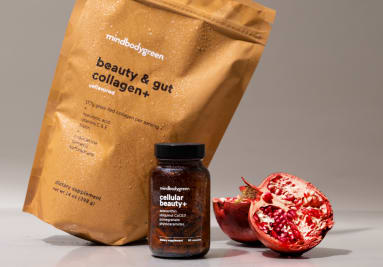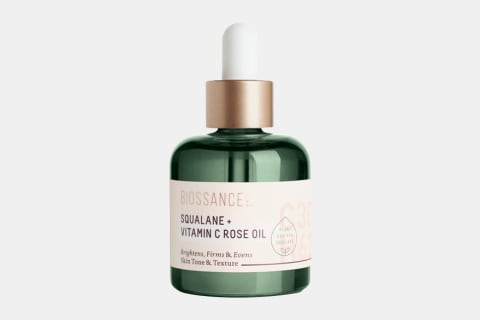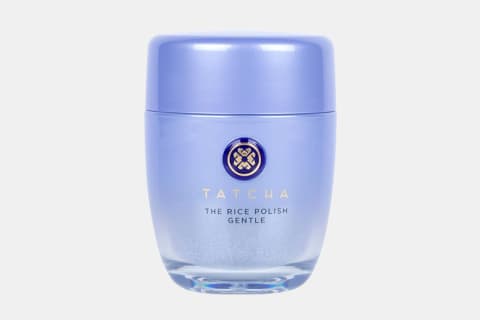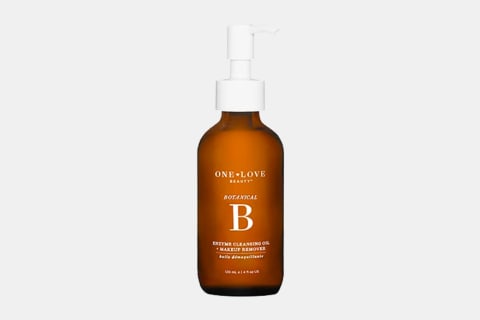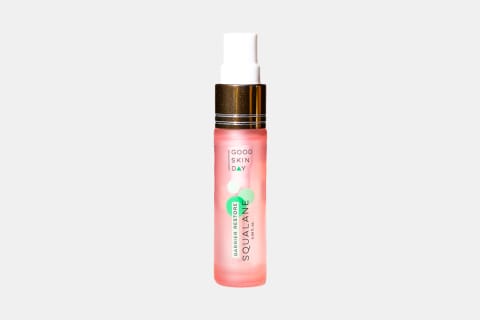“Around the age of 35, I always advise patients to add antioxidants like vitamin C in the morning,” says board-certified dermatologist Zenovia Gabriel, M.D. She also explains that due to hormonal changes, like pregnancy, many women are more likely to develop melasma. As for vitamin C, Biossance Squalane Vitamin C Rose Oil is an elegant option. You’ll want to be highly targeted with your approach. It’s your 30s after all: This is a time in your life when you know what you like, what you don’t, what works for you, and what’s BS. We like photo-protective antioxidants like astaxanthin and pomegranate whole fruit extract (to help with continued sun exposure).* Hydrating actives like phytoceramides and hyaluronic acid (the skin may start to become dryer around this time).* And ingredients that promote collagen production, like vitamin C, E, and of course, collagen peptides.* (And for more product picks, check out our anti aging supplement roundup.) She also recommends minimizing processed foods and added sugars, as the latter is a big culprit for contributing to skin sag and wrinkles. “Consumption of excess sugar contributes to formation of proteins called ‘accelerated glycation end products (or AGES), which bind to collagen, making it stiff and brittle leading to its degradation.” In several studies, researchers found that eating a high-sugar diet made it more difficult for collagen to repair itself2, resulting in accelerated collagen decline and premature aging. “Not all oils work well with all skin, though; for example, olive oil can be irritating for some people, but argan oil and grapeseed oils have been found to be well tolerated by most, though, so before you slather any oil on your face, do a test spot in an inconspicuous area first,” notes Barr.



